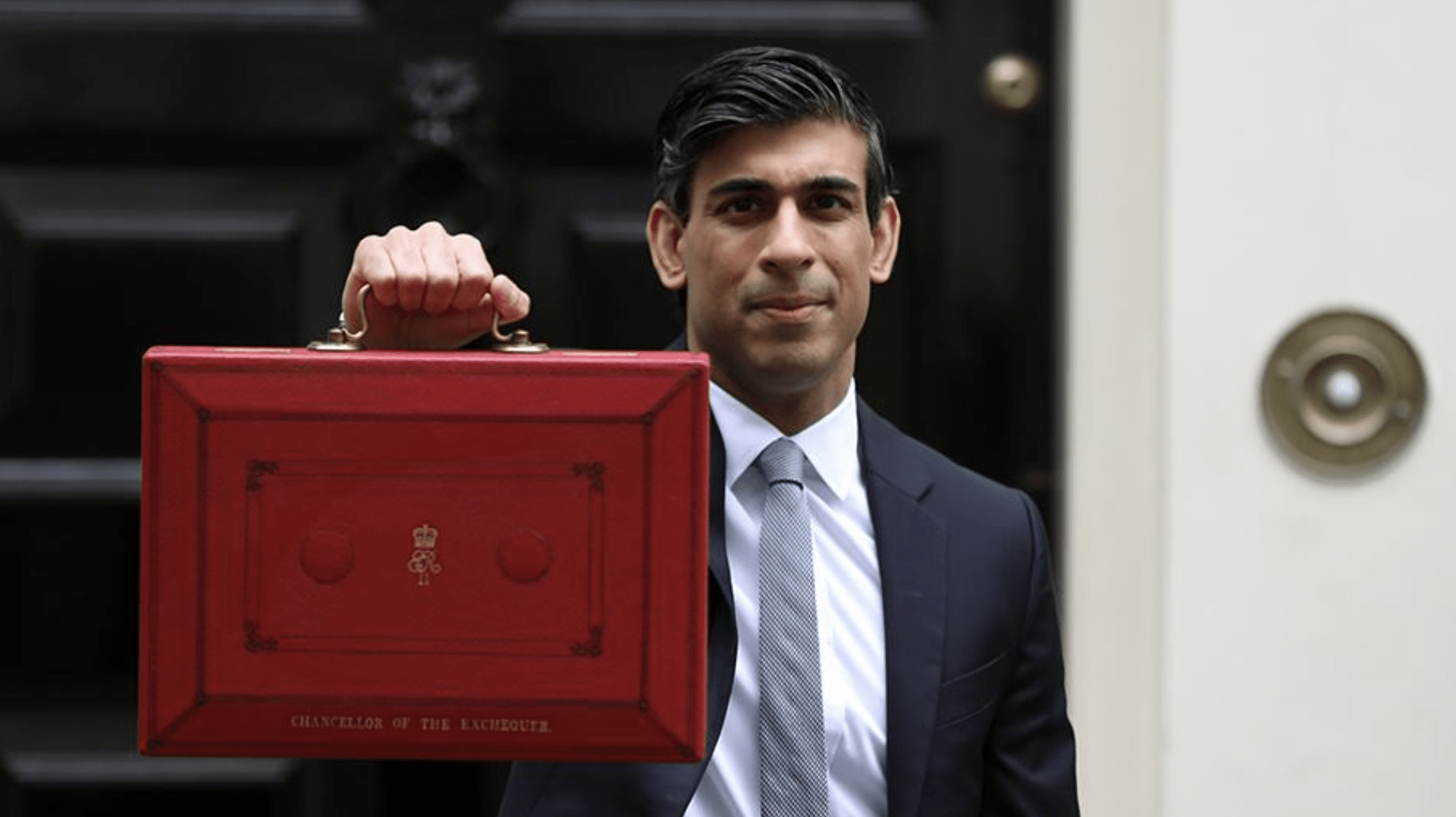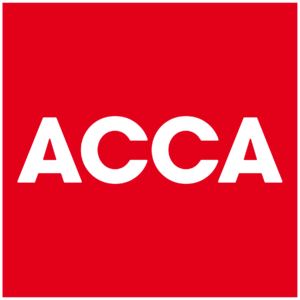The government budget for 2021 has been announced, and it emphasised just how unprecedented, yet transformative, the past year has been. The chancellor revealed some innovative plans to aid business recovery and improve investment. He has confidence in the government’s ability to build a better, more resilient economy.
”I'm glad to see further government support has been offered for an extended period, this will be a welcome relief for many of our clients who have been disrupted by the ongoing lockdown measures. Business leaders need more opportunities to recover and thrive and many will find support under the new government budget. Some of the measures are quite innovative. The increase in corporation tax will be a factor to consider in the future, but businesses have time to prepare for this.
CBHC Director, Dan Munro
Read the key government budget measures below, then consider how your business or personal finances might be affected. What will you need to do in order to succeed as we move faster towards a post-COVID world? This year, CBHC has the capacity to do more so that our clients thrive in the new business landscape. Please get in touch to discuss your opportunities.
More COVID related support:
Furlough extending until the end of September 2021:
The Coronavirus Job Retention Scheme will continue, offering 80% of salary for hours not worked. The government budget announced that employers will pay a 10% contribution from July and a 20% contribution from August through September.
Self-Employment Income Support Scheme (SEISS):
SEISS will continue with a fourth and a fifth grant. Those newly registered self-employed individuals will now be eligible to apply for SEISS providing they have already filed a tax return this year.
Restart Scheme:
The restart scheme offers grants to help businesses reopen and get going again. Non-essential retail businesses can receive up to £6,000 while businesses in harder hit industries – leisure, hospitality, tourism and personal care – can receive up to £18,000.
Recovery Loan Scheme:
The Recovery Loan Scheme will replace Bounce Back Loans and Coronavirus Business Interruptions Loan Scheme. Any business can apply to receive between £25,000 – £10million with a guarantee to lenders of up to 80%. This will run until the end of 2021.
Statutory Sick Pay:
Small and medium-sized employers in the UK will continue to be able to reclaim up to two weeks of eligible Statutory Sick Pay costs per employee from the Government.
Changes affecting public spending:
While some rises are inevitable, the government budget states a lot of tax freezes and other measures to improve public spending.
Mortgage support and Stamp duty:
The mortgage guarantee scheme will enable homebuyers to secure a mortgage up to £600,000 with a 5% deposit.
In addition, the £500,000 nil rate on stamp duty will be extended to June 2021 and then reduced to £250,000 from July until September.
Tax freezes:
Personal tax thresholds will be raised slightly in 2022 and will then be maintained at the same level until 2026.
Changes affecting business finance:
The Super Deduction:
This is one of the most innovative feature of the government budget. The Super Deduction has been designed to help kickstart the economy. Under the initiative, when companies invest, they can claim to reduce their tax bill by 130% of the cost of the investment. We aim to find out what exactly will be classed as an investment in the context of this the Super Deduction.
Help to Grow scheme:
Another bold initiative, the Help to Grow scheme is an incentive for SMEs to invest in skills training and productivity increasing software with 90% of the costs to be government backed. The goal is to strengthen business and increase scientific and technological innovation within the UK.
Employment measures:
The government budget has a clear focus on improving employment rates and eliminating low-pay. The cash incentive for firms who take on new apprentices will be doubled to a £3,000 payment per hire.
The National Living Wage will be increasing to £8.91 in April.
Corporation tax is rising to 25%
Corporation tax will rise to 25% in April 2023, with a small profits rate for businesses with profits of £50,000 or less. These businesses will continue to be taxed at 19%. A tapered rate will also be introduced for profits above £50,000. At that point, only businesses with profits of £250,000 or greater will be taxed at the full 25% rate.
Extending the loss carry back rules:
The loss carry-back rule has been extended. It supports businesses making a loss with their cashflow because tax can be carried back by 3 years instead of 12 months.
Business rates holiday:
The business rates holiday will continue until the end of June. It will then be reduced by up to two thirds, depending on the state of a business, from July 2021.
Reduced VAT for tourism and hospitality trade:
The reduce VAT for tourism and hospitality businesses will continue at a rate of 5% until the end of September 2021, and then increased to 12.5% from October until the end of March 2022.








